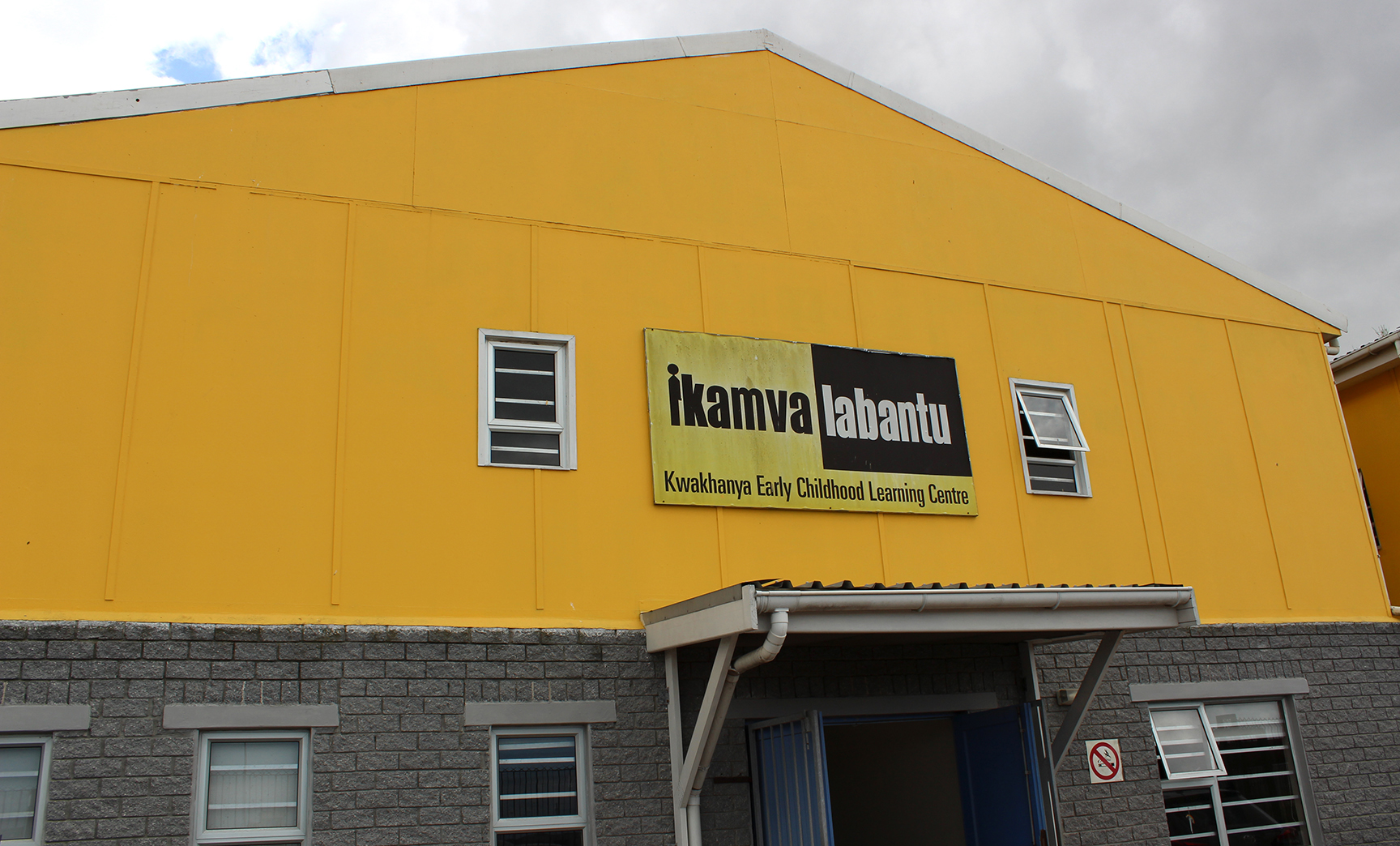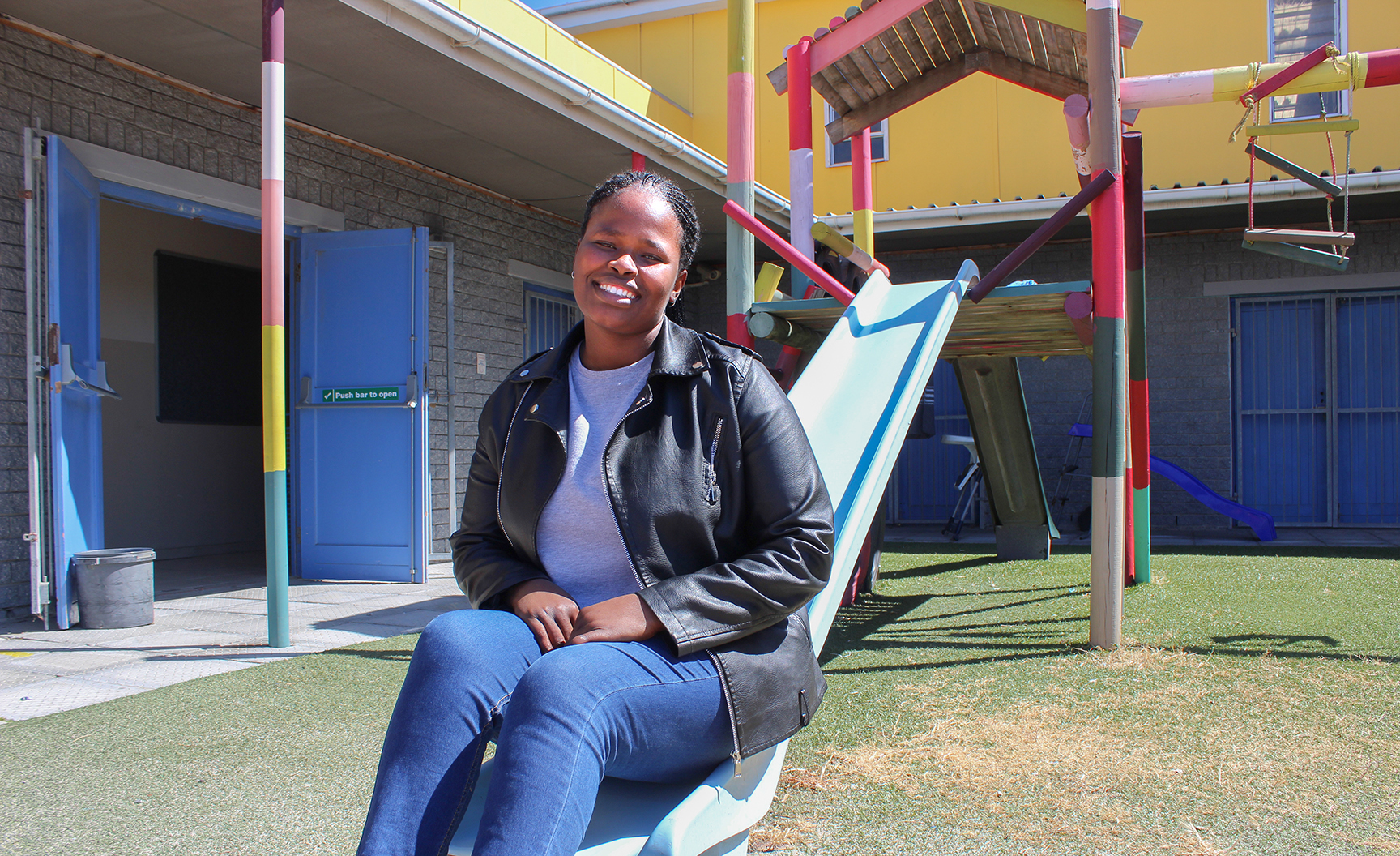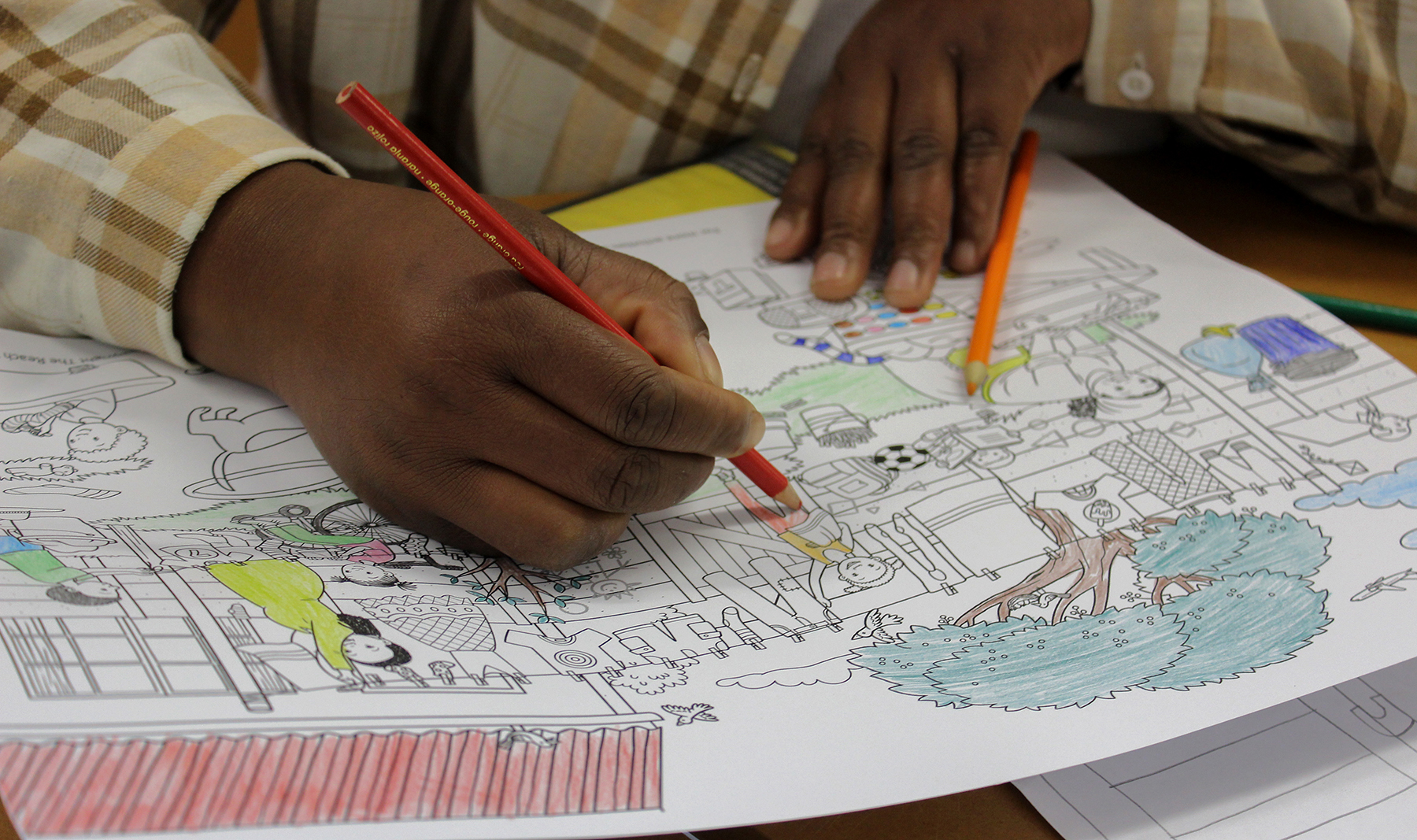EARLY CHILDHOOD DEVELOPMENT
The everyday superwomen of early childhood development and their pivotal role in communities

The practitioners and centres in the early childhood development sector can be sources of care and support, not only for children, but also broader communities. Maverick Citizen spoke to ECD practitioners working in the Western Cape areas of Khayelitsha and Delft about their drives and duties.
The early childhood development (ECD) sector is not an easy space in which to work. The responsibilities involved are immense, and for those in lower-income communities, the pay is often negligible.
Despite this, the ECD 2021 Census, conducted by the Department of Basic Education in partnership with the Lego Foundation, identified 42,420 early learning programmes across South Africa, and 165,059 teaching and managerial staff working in the ECD sector.
In this largely women-led industry, the role of principals and practitioners often goes beyond basic childcare and education. Maverick Citizen spoke with ECD practitioners working in the Western Cape areas of Khayelitsha and Delft about the challenges and motivating factors they face each day, as well as the important space their centres hold in the broader community.

Xolelwa Mzinyathi, an early childhood development (ECD) practitioner working in Khayelitsha, became passionate about ECD through observing the ways in which her aunt’s ECD centre helped the community. (Photo: Tamsin Metelerkamp)
‘It’s more like a purpose’ — Xolelwa Mzinyathi
When she was a child, Xolelwa Mzinyathi would visit an ECD centre run by her aunt. Apart from being a preschool, the centre also hosted outreaches, workshops and immunisation campaigns by the local clinic.
“I actually saw that this ECD thing is not just [my aunt] earning the money — it’s actually helping the whole community. So, I fell in love with it,” she told Maverick Citizen.
Today, Mzinyathi works at an ECD centre in Khayelitsha, where she is paid R2,000 a month. She aims to have an impact on children from an early age so that they can be “something big tomorrow”.
“That’s amazing — it’s more like a purpose,” she said.

Ikamva Labantu’s early childhood development (ECD) programme works with established community preschools to train principals and practitioners in best-practice techniques. (Photo: Tamsin Metelerkamp)
While the centre is registered, and therefore receives the state subsidy for ECD, staff often need to be “creative” in making the money work to meet the preschool’s needs. They use “upcycling” for certain teaching aids and take turns to cook.
“If it’s my shift … I need to be the cook and the teacher … we clean up our own classes,” said Mzinyathi. “We need to multitask. And sometimes … it’s not easy.”
The centre provides breakfast and lunch for the children, including some who attend the preschool despite their parents being unable to pay fees. It also provides a space in which children can develop skills that may be neglected at home.
“Some parents, because we have a lot of issues with teenage pregnancy, they don’t even speak to children,” she explained. “Then the parents actually come back with feedback after a month or so, [saying] ‘I didn’t know my child can do this. I didn’t know my child can talk.’ ”
“So we’re actually … activating something in the children. It’s very important that they go through ECDs because they learn social skills, they learn proper ways to do things.”
The ECD centre opens its doors for a youth programme on Saturdays and a church on Sundays, and hosts immunisation campaigns for children in the area.

Practitioners who remain in the early childhood development (ECD) industry do so out of passion rather than a need to make money, according to Zintle Nqeto, an ECD practitioner working in Delft. (Photo: Tamsin Metelerkamp)
‘I can give the love and the care … that I couldn’t get’ — Zintle Nqeto
Those who enter the ECD sector for money rather than a passion for the work often find it difficult to keep going, says Zintle Nqeto, a practitioner at a preschool in Delft. Like Mzinyathi, Nqeto receives a salary of R2,000 a month.
“Sometimes you will feel, ‘Yoh, I can get a better job’, but then there is this hold that I don’t know how to explain,” she said. “I don’t go there telling myself that I’m doing that for money. I tell myself that I’m doing it to help those children who are there.”

Early childhood development (ECD) practitioners Xolelwa Mzinyathi and Zintle Nqeto are completing a 10-month ECD training course at Ikamva Labantu, an organisation that works for sustainable change in Cape Town’s townships. (Photo: Tamsin Metelerkamp)
Nqeto told Maverick Citizen that she has few memories of her childhood, and as such, being an ECD practitioner allows her to help children make good memories while giving them “the love and the care … that I couldn’t get when I grew up”.
The ECD centre at which she works plays an important role in the community by providing children with an education, a safe space in which to play and a source of nutritious food.
“We must make sure that they have veggies and food with proteins, also, because there are some children who come [to the centre] hungry — they didn’t get anything from home,” said Nqeto.
Over the years, the rising price of food and other resources for the centre has been a challenge, she continued.
“We end up putting our own [money in] sometimes … we have to help where we can, as ECD teachers.”
‘It needs a bit of energy, passion.’ — Tobeka Ratya
The ECD sector is not a profitable one, says Tobeka Ratya, the founder and principal of Daisy Educare, a registered ECD centre in Khayelitsha. While she emphasised that there were many other opportunities in the community for a good entrepreneur, money made through ECD centres goes back into daily running costs, such as food for the children and teachers’ salaries.
“Your school fees are between … about R200 and R500. So, you can’t really make money,” she explained.
As a registered centre, Daisy Educare receives the state ECD subsidy of R17 per child per day. However, rising prices of food and other commodities mean the subsidy covers less and less.
“[Today], 10kg of rice is R167. When [the subsidy] was R17 two years ago, that rice was R99. So, there’s a difference of R60 in the space of two years,” said Ratya.
Visit Daily Maverick’s home page for more news, analysis and investigations
The preschool remains a source of opportunities and support for the local community. It employs seven teachers and a cook and is attended by 120 children under the age of six. Most of the children live in the local community.
“What makes me proud of myself is the fact that 80% of those kids are from our community,” said Ratya. “You cannot boast by saying you have 200 kids, and find that they are not from the area that you live in.”
The centre supports five non-paying pupils each year as part of Ratya’s efforts to “give back to the community”. It also hosts immunisation campaigns run by the local clinic.
“When I get donations, like excess food or when there’s extra resources, then I give to the neighbourhood … even if the neighbour doesn’t have a child with me,” she said. “Those are the people that approved [the centre] in the first place … so you can’t go on this long journey and not take them with [you].”
The ECD sector is one that requires energy and passion to succeed, concluded Ratya.
“I have passion for [working with] the kids,” she said. “You need to really love them to be able to master the game. Because … once you’re there for the money, you’re not going to make it.” DM/MC




















 Become an Insider
Become an Insider
Comments - Please login in order to comment.